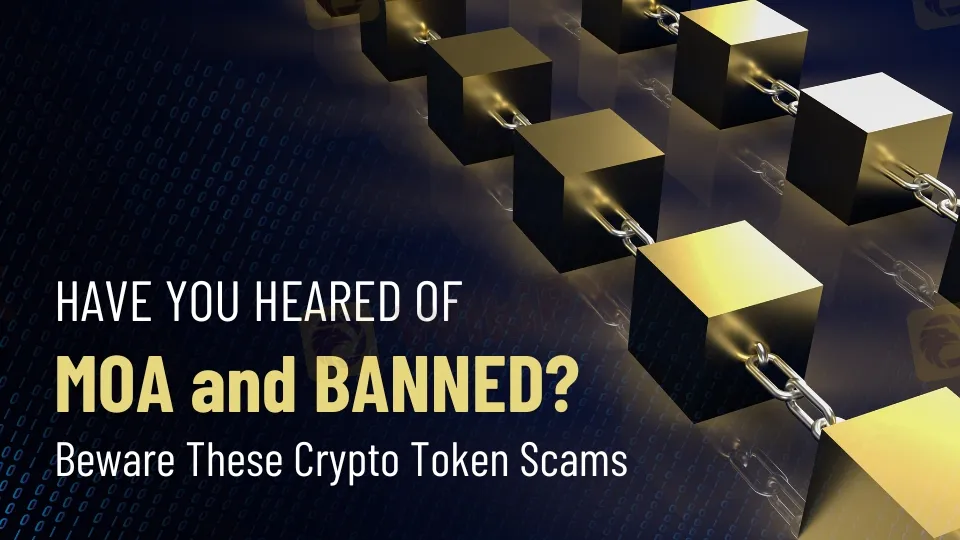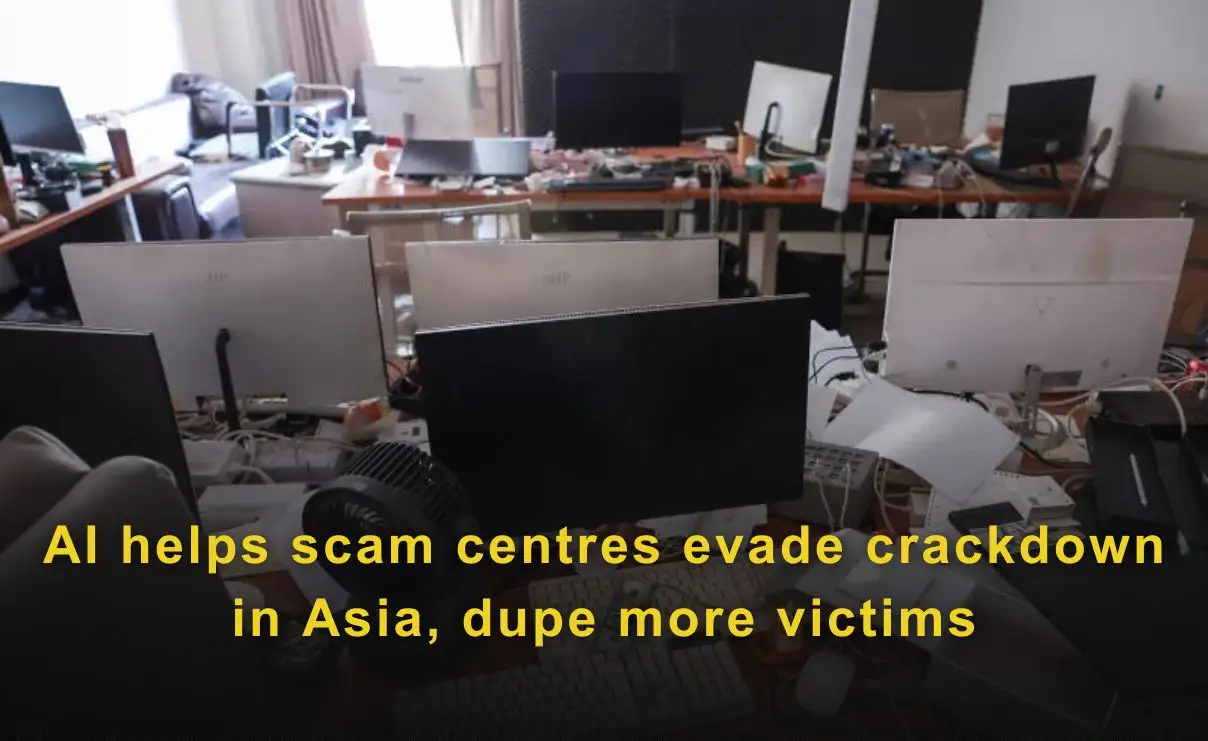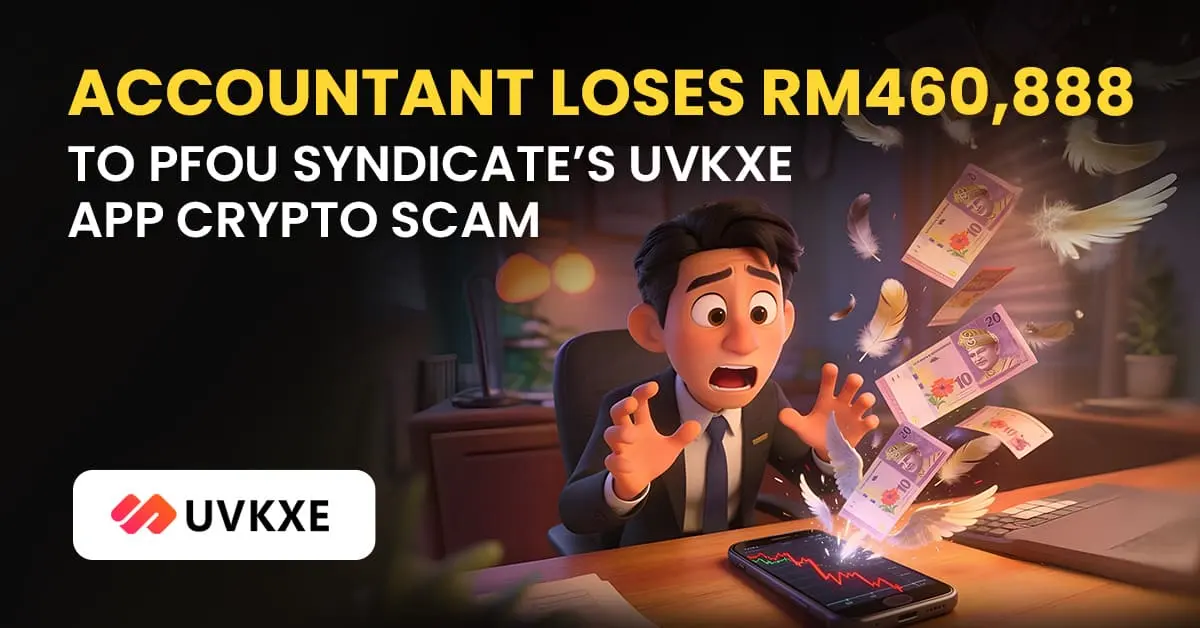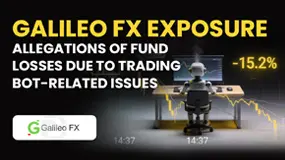Abstract:Discover the MOA and BANNED token scams on the Ronin blockchain. Learn how to spot and avoid them with simple, practical tips. Stay safe!

Cryptocurrency scams are on the rise, and two tokens—MOA and BANNED—are making waves for all the wrong reasons. Airdropped to countless Ronin blockchain wallets, these tokens show sky-high values, sometimes in the millions, tricking users into thinking they‘ve struck gold. But here’s the catch: you can‘t trade them. In this article, we’ll focus on these two sneaky scams, explain how to avoid falling for them and share ways to spot similar tricks. Lets keep it simple and keep you safe.
How to Avoid the MOA and BANNED Token Scams?
MOA and BANNED have caught many Ronin users off guard, but you don‘t have to be one of them. Here’s how to steer clear of these scams:
- Don‘t Touch Unexpected Airdrops: If MOA or BANNED suddenly appears in your Ronin wallet, don’t interact with it. Reports show these tokens are part of a scam, with trading disabled despite their inflated values. Ignore them completely.
- Check Official Ronin Channels: Ronin, a blockchain popular for gaming and NFTs, advises users to stay informed through its official updates. Legit tokens come with announcements—MOA and BANNED don‘t. Stick to verified sources to confirm what’s real.
- Keep Your Wallet Secure: Scammers behind MOA and BANNED might trick you into visiting fake sites or connecting your wallet to claim “profits.” Use trusted platforms and never share your private keys or seed phrases.
- Understand Ronins New Rules: Ronin recently became permissionless, meaning anyone can create tokens on it. This freedom led to MOA and BANNED popping up. Knowing this helps you question random tokens that show up uninvited.
- Wait and Watch: Don‘t rush to act on MOA or BANNED. Scammers want you to move fast, but taking time to research keeps you safe. If trading’s blocked, like with these tokens, its a scam signal.
By following these steps, you can dodge the traps set by MOA, BANNED, and similar scams targeting Ronin users.


5 Ways to Spot MOA and BANNED Crypto Token Scams
Wondering if MOA or BANNED is legit? Spoiler: theyre not. Here are five clear signs these tokens—and others like them—are scams:
- Inflated Values That Don‘t Add Up: MOA and BANNED display values in the millions when they land in your wallet. It’s tempting to believe you‘re rich, but legit tokens don’t randomly appear with fake fortunes.
- Trading Is Locked: A huge red flag with MOA and BANNED is that you can‘t buy, sell, or trade them. Reports confirm this is a common scam tactic to make you think you own something valuable when you don’t.
- No Official Backing: Real tokens have projects behind them—websites, teams, and plans. MOA and BANNED? Nothing. No trace of them exists on Ronin‘s official channels, proving they’re fakes.
- Random Airdrop Origins: Since Ronin went permissionless, anyone can drop tokens into wallets. MOA and BANNED came out of nowhere, not tied to any trusted developer or announcement. Thats a scam clue.
- Designed to Deceive: The whole setup of MOA and BANNED is to trick you. They prey on excitement, hoping you‘ll act without checking. Legit tokens don’t rely on confusion—theyre clear and usable.
Spotting these signs will help you recognize MOA and BANNED for what they are: scams meant to fool Ronin users.
Why MOA and BANNED Are a Big Deal
The Ronin blockchain, known for gaming and NFTs, recently opened its doors by going permissionless. This means anyone can create tokens or projects on it—a cool feature that sparked innovation but also scams like MOA and BANNED. These tokens are perfect examples of how fraudsters exploit new opportunities. They airdrop fake assets with huge values into wallets, banking on users curiosity or greed to take the bait.
Reports show trading is disabled for both, a classic scam moves to create an illusion of wealth. Interacting with them could lead to bigger risks, like wallet hacks or lost funds. Thats why Ronin urges users to ignore these tokens and stay updated via official channels. In 2025, as crypto grows, scams like these are popping up more often—making awareness key.
Stay Safe from MOA and BANNED
MOA and BANNED might look like golden tickets, but they‘re traps. Don’t let their inflated values fool you—these crypto token scams are designed to deceive. Stick to simple rules: ignore unsolicited tokens, verify through Ronin‘s official updates, and keep your wallet secure. Have you spotted MOA or BANNED in your wallet? Leave them alone, stay informed, and you’ll keep your crypto journey scam-free!












